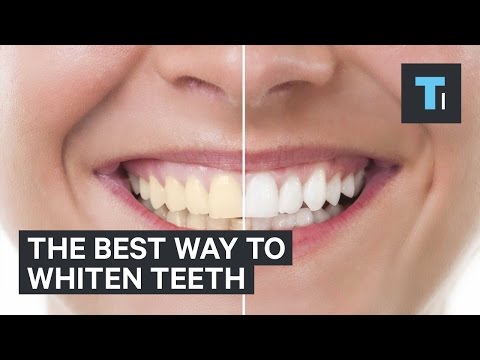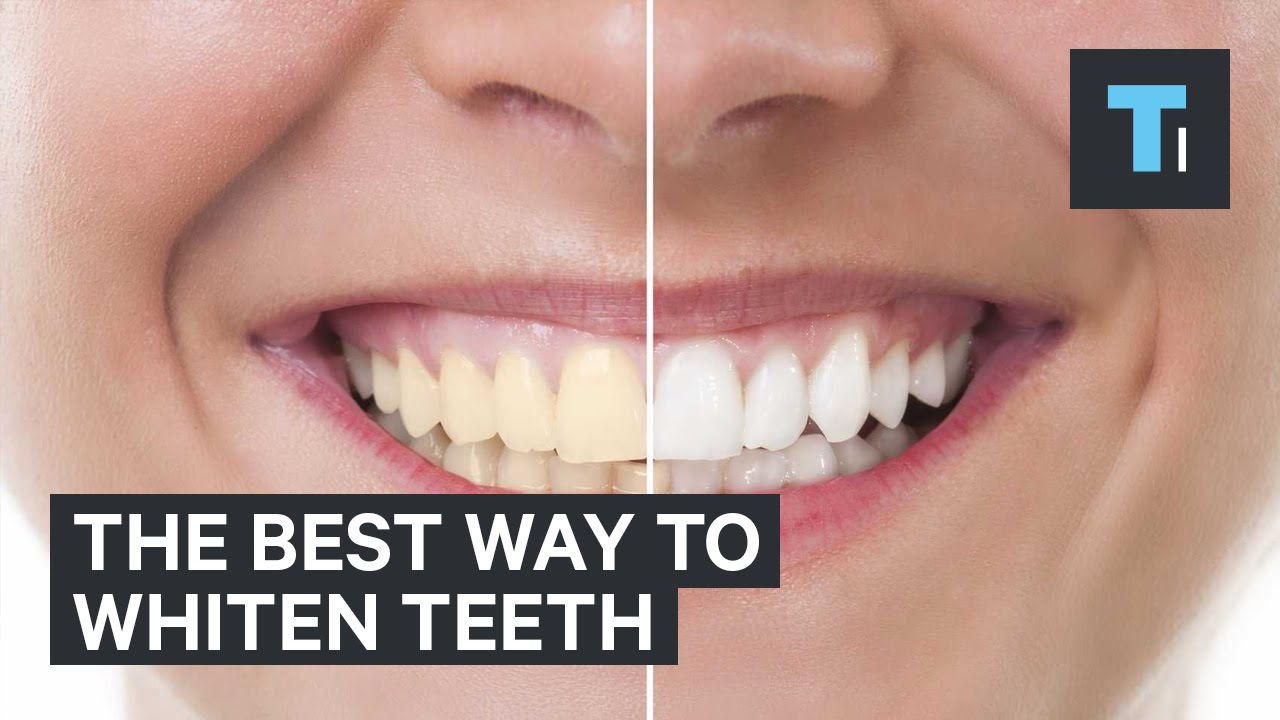Curious about what causes teeth to turn yellow? Discolored teeth can be a cause of concern for many individuals, impacting their self-confidence and overall appearance. Understanding the root causes of yellow teeth is essential in order to take appropriate measures to prevent or treat this common dental issue. Various lifestyle factors such as smoking, consuming certain foods and beverages (like coffee, tea, or red wine), and inadequate oral hygiene routines can contribute to teeth discoloration. Additionally, age plays a role, as the outer layer of enamel naturally thins over time, revealing the yellowish dentin beneath. Certain medical conditions or medications can also lead to tooth yellowing. However, fear not, as numerous treatment options are available to combat this issue, ranging from professional teeth whitening procedures to at-home whitening kits. These methods work by targeting the stains on the enamel and restoring the natural whiteness of teeth. Maintaining a diligent oral care routine, including regular brushing, flossing, and dental check-ups, can also help prevent yellowing. By understanding the factors that contribute to tooth discoloration and exploring the various treatment options available, you can take control of your dental health and achieve a bright, confident smile.

Factors That Contribute to Teeth Yellowing
| Factors | Description |
|---|---|
| 1. Poor Oral Hygiene | Poor oral hygiene can lead to the accumulation of plaque and tartar on the teeth, which can cause discoloration and yellowing. |
| 2. Tobacco Use | Smoking or chewing tobacco can introduce harmful chemicals into the mouth, which can stain and darken the enamel, resulting in yellow teeth. |
| 3. Food and Drinks | Consuming excessive amounts of certain foods and beverages such as coffee, tea, red wine, and highly pigmented fruits can lead to enamel staining and teeth yellowing over time. |
| 4. Aging | As we age, the outer layer of enamel on our teeth naturally wears away, revealing the underlying dentin, which has a yellowish hue. This can cause our teeth to appear more yellow as we get older. |
| 5. Medications | Certain medications, such as antihistamines, antipsychotics, and high blood pressure drugs, can cause teeth discoloration as a side effect. |
| 6. Dental Trauma | Injuries or trauma to the teeth can disrupt the formation of enamel, leading to yellow spots or discoloration on the affected teeth. |
| 7. Genetics | Some individuals may have naturally thicker or more porous enamel, making their teeth more prone to yellowing. Genetic factors can also impact the natural color of dentin, contributing to teeth yellowing. |
Title: “Achieve a Dazzling Smile: The Ultimate Teeth Whitening Guide!”
What Makes Teeth Yellow?
Yellow teeth can be quite concerning for many individuals, as they can affect a person’s self-confidence and overall appearance. Understanding the causes of teeth yellowing is crucial in order to prevent or minimize this discoloration. Here are five main factors that contribute to yellow teeth:
Poor Oral Hygiene Habits
One of the primary causes of yellow teeth is poor oral hygiene. Failure to brush and floss teeth regularly allows plaque to accumulate on the surface of the teeth. Over time, this plaque hardens into tartar, which can result in tooth discoloration. Additionally, neglecting to visit the dentist for regular cleanings can lead to the accumulation of stains and tartar, further enhancing the yellow appearance of teeth.
Tobacco Use
Tobacco products, such as cigarettes and chewing tobacco, are notorious for causing teeth yellowing. The chemicals present in tobacco not only stain the teeth but also weaken the enamel, making it more susceptible to discoloration. Long-term tobacco use can result in severe yellowing, which often proves difficult to reverse.
Food and Drinks
Consumption of certain foods and beverages can contribute to teeth yellowing. Dark-colored foods like berries, soy sauce, and curry, as well as drinks such as coffee, tea, and red wine, contain pigments that can stain the enamel. Acidic foods and drinks, like citrus fruits and sodas, can erode the enamel, exposing the yellowish dentin layer beneath.
Aging
As we age, the enamel on our teeth naturally wears down, revealing the dentin layer beneath. Dentin is naturally yellow in color, and as it becomes more exposed, teeth can appear yellow. Additionally, with age, the outer layer of enamel thins, making the yellow dentin more noticeable.
Genetics
Genetics can also play a role in the color of our teeth. Some individuals are genetically predisposed to have naturally yellow or off-white teeth. This can be due to the thickness of the enamel or the color and density of the dentin layer. While genetics are beyond our control, proper oral care can still help maintain the best possible color for our teeth.
In conclusion, maintaining good oral hygiene practices, avoiding tobacco use, and being mindful of our diet and lifestyle choices are essential in preventing teeth from turning yellow. While certain factors, such as aging and genetics, are beyond our control, by taking proactive measures, we can minimize teeth yellowing and maintain a bright and confident smile.

